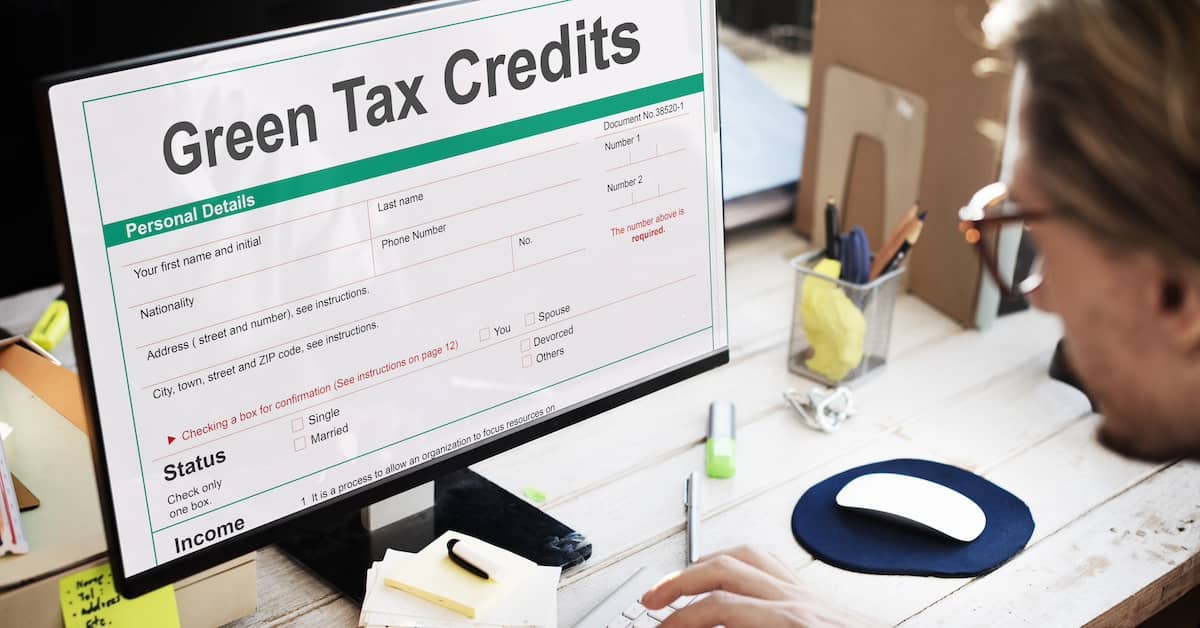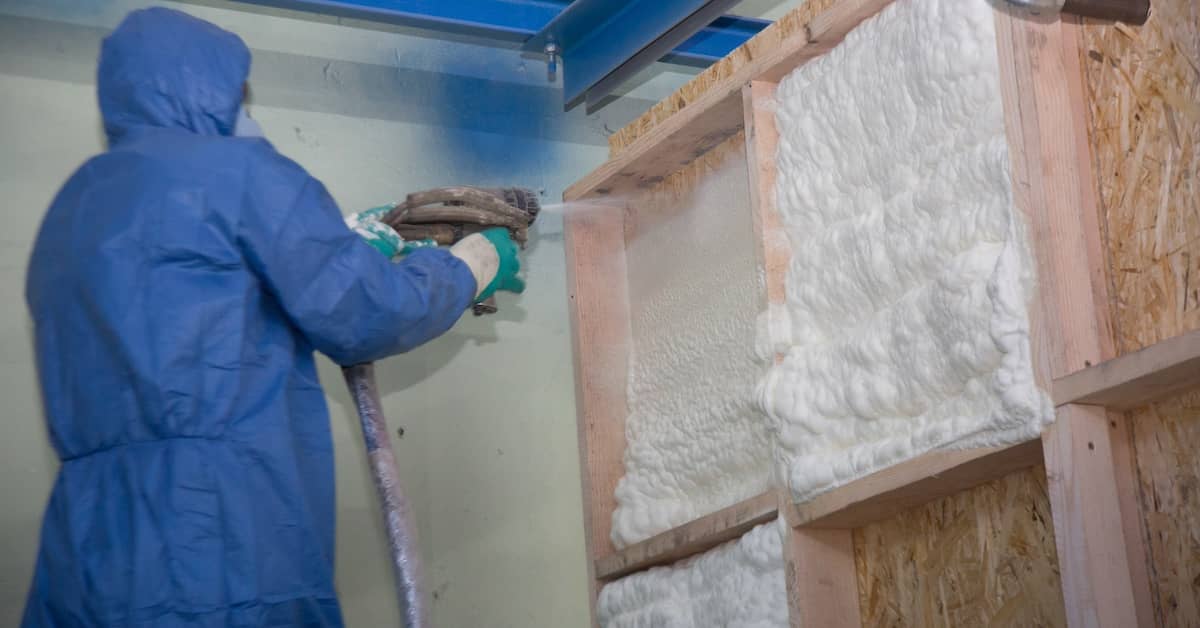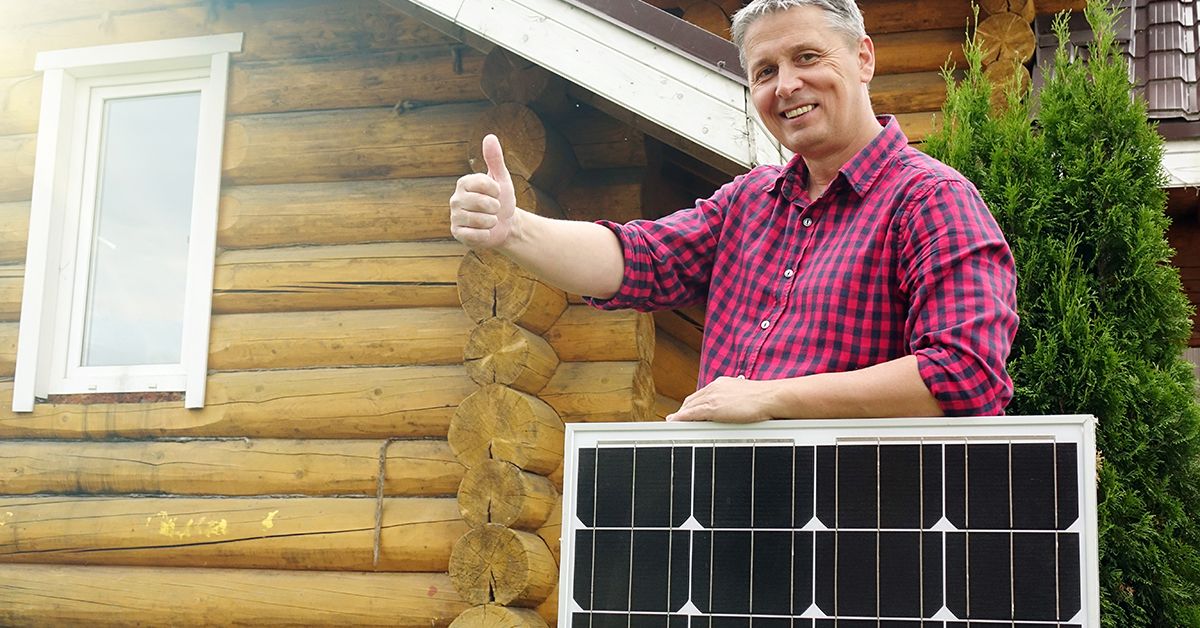
Do You Qualify for the Energy Efficient Home Improvement Credit?
Energy efficient home improvements have a number of advantages. They help you control your energy bills, they can make your home more comfortable, and they often add value to your home. Improving your home’s energy efficiency can also help you at tax time.
We’ve written before about the tax benefits of installing solar panels. Now, changes to the federal tax code mean homeowners can claim additional energy efficient home improvements on their taxes starting this year.
REenergizeCO is passionate about helping homeowners in Denver, Fort Collins, and the Colorado Front Range maximize their energy efficiency AND take advantage of cash rebates and other incentives. Whether you made energy efficiency upgrades in 2023 or are planning on improvements this year, here’s what you need to know:
What Is the Energy Efficient Home Improvement Credit?
The Energy Efficient Home Improvement Credit was created as part of the Inflation Reduction Act of 2022. It expands the tax credits available to those who invest in their home’s energy efficiency.
Improvements made on or after January 1, 2023, qualify for the Energy Efficient Home Improvement Credit. (So, if you made energy efficiency improvements to your home this past year, you should follow the instructions on the IRS website for claiming those expenses for tax year 2023.)
Only homes that are already built (not new homes) qualify. In addition, the home must be your primary residence (i.e., not a rental home, vacation home, or a home used for business purposes).
A tax credit reduces the money you owe on your taxes. With the Energy Efficient Home Improvement Credit allowing you to claim 30% of qualified expenses, the savings can be substantial!
What Energy Efficient Home Improvements Qualify for the Tax Credit?
Homeowners have a number of ways they can save money on energy. Sometimes DIY solutions may be enough, but professional upgrades generally offer the greatest benefits.
Read More Articles on Energy Saving.
The U.S. government understands the importance of home energy efficiency. While residential solar energy has long been incentivized, the Energy Efficient Home Improvement Credit creates new incentives for other ways homeowners can use less energy.
Home Energy Audits
A professional home energy audit creates a roadmap for energy efficient home improvements. By meeting the requirements below, you can obtain a maximum $150 tax credit.
- The assessment must be performed by an auditor who is certified by a qualification program recognized by the U.S. Department of Energy.
- The audit must consist of a home inspection and written report describing:
- The most impactful options for energy efficient home improvements
AND - An estimate of the potential monetary and energy savings
- The most impactful options for energy efficient home improvements
Read More: Are Home Energy Audits Worth It?
Building Envelope Components
The “building envelope” refers to all the components of the house that form a barrier between the interior of the home and the outside world. Certain improvements to the home’s thermal barrier may qualify for the Energy Efficient Home Improvement Credit:
- Home insulation: A tax credit of up to $1,200 is available for insulation and air seal upgrades that meet the standards set by the International Energy Conservation Code (IECC).
- Exterior doors: Doors must meet Energy Star requirements. The tax credit is $250 per door, with a $500 maximum.
- Windows and skylights: New windows must be certified Energy Star Most Efficient. A maximum $600 tax credit is available for window and skylight replacement.
Read More: Drafty Doors & Windows? Here’s How to Fix It
It is important to note that the cost of labor for installing these improvements cannot be counted toward the Energy Efficient Home Improvement Credit. Furthermore, only new materials qualify.
Residential Energy Property Expenditures
A tax credit is available each year for energy-efficient upgrades in the way a home is powered and the temperature is controlled. This includes a credit for each of the following items:
- Central air conditioning units
- Water heaters using natural gas, propane, or oil
- Furnaces and hot water boilers that use natural gas, propane, or oil
Each of the systems above must meet the highest tier of efficiency recognized by the Consortium for Energy Efficiency (CEE). In addition, select electrical components for these items may qualify for a tax credit if they (a) have a minimum capacity of 200 amps, and (b) abide by the National Electric Code.
Heat Pumps and Biomass Stoves and Boilers
Electric or natural gas heat pumps and heat pump water heaters, as well as biomass stoves and biomass boilers, are the final category of energy efficient home improvements that fall under the new tax credit. Both the cost of the unit and the cost of installation may be claimed on your taxes. See the IRS website for relevant maximums.
Find the Right Energy Efficient Home Improvements
You should speak to a tax professional about the credits available for energy efficiency upgrades. But, if you’re looking for expert advice on making your home more efficient and controlling your energy bills, REenergizeCO can help!
We perform home energy audits to help guide your decision making when it comes to energy efficient home improvements. Our team provides professional installation of several improvements that qualify for tax credits, including home insulation and solar panels. With our transparent pricing, you will know what to expect when it comes to cost. And our team will handle all the paperwork for incentives to jumpstart your savings on the investment ASAP!
Do you have questions about energy efficiency improvements for your home? Are you ready to schedule a home energy audit? Contact REenergizeCO today!
"*" indicates required fields


